Written Scheme Of Investigation (WSI)
What is a Written Scheme of Investigation (WSI)?
A Written Scheme of Investigation is a methodology for archaeological works. It is often required by a Local Authority (LPA) to support an application for planning permission or as a condition of approval in line with national and local planning policy.
The WSI is the first stage in a variety of potential archaeological work such as archaeological evaluation, archaeological building recording or a watching brief.
If the required activity is not specified, the LPA must be contacted to find out what form of works is needed.
Ambrey Archaeology have considerable experience in liaising with local authorities to establish the precise requirements and ensure a smooth process.
Who prepares the WSI?
A WSI is prepared by the archaeological contractor who has been employed by the developer to carry out the works. It must be submitted to the LPA and approved before any works are undertaken. Often this will discharge the initial part of a staged condition.

What should be included in a WSI?
The WSI will include
- the planning background to the site
- a short historical and archaeological summary
- the nature and location of the intended works
- details of health and safety
- details of how the report will be prepared and distributed
- how the archaeological archive will be conserved
Critically the WIS will demonstrate that the archaeology will be investigated properly and to an appropriate sample to meet the requirements of the LPA.
The WSI also includes information about the archaeological contractor to demonstrate that they are competent to carry out the works.
How much does a WSI cost?
A WSI generally forms the initial stage of archaeological works and the cost for this is itemised in a larger quotation. The cost will depend on the scale of the project as a whole.



Talk to us about your project
Call Elizabeth or Tom on 01568 780 918 or send us a message via our contact form below. We look forward to talking with you.
Frequently Asked Questions
Why do I have to pay for archaeology and how much does it cost?
Archaeological works have been a part of planning law since 1990. The purpose of archaeological works is to ensure that these irreplaceable remains are not lost to development. Over the last 33 years, thousands of archaeological sites have been recorded ahead of...
What happens if you find human remains?
It is unusual to encounter unexpected human remains in the course of archaeological work, but if this happened best practice guidance would be followed. The remains would initially be left in situ, covered and protected and the local Coroner would have to be informed....
What happens if you find treasure?
It’s very rare to find artefacts of any monetary value on archaeological sites but in the event that any artefacts are encountered that would constitute ‘treasure’ (as defined by The Treasure Act, 1996) Ambrey Archaeology would be obliged to report the find to the...
What happens if you find a Roman villa?
Prior to carrying out archaeological evaluations and watching briefs, the likelihood of encountering a villa or something equivalent is considered, sometimes with the use of a desk based assessment or geophysical survey, with the purpose of avoiding this outcome....
